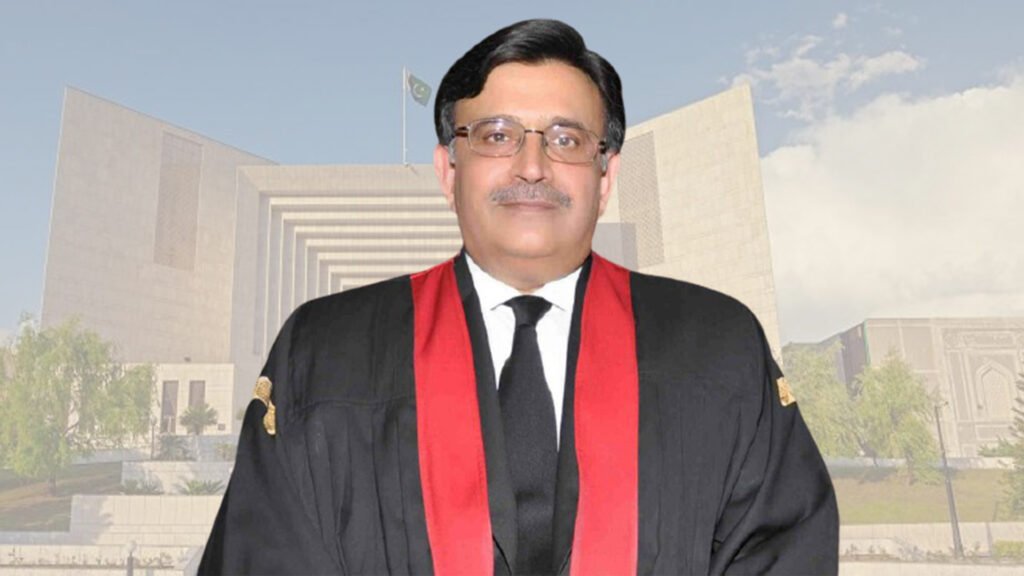The power of the Chief Justice of Pakistan is defined by the Constitution of Pakistan, which establishes the judiciary as an independent branch of government.
While there have been discussions in the past about curtailing the powers of the Chief Justice, any such changes would require amending the Constitution, which is a complex and time-consuming process.
That being said, several measures could potentially limit the power of the Chief Justice of Pakistan:
- Strengthening the role of the Judicial Commission of Pakistan: The Judicial Commission is responsible for making appointments and transfers within the judiciary, including the Chief Justice. By strengthening the Commission’s authority and independence, it could potentially serve as a check on the power of the Chief Justice.
- Increasing transparency and accountability: The Chief Justice could be required to provide regular reports on the status of pending cases and the efficiency of the judiciary, as well as being subject to greater oversight from the executive and legislative branches of government.
- Strengthening the role of lower courts: Currently, the Supreme Court of Pakistan has the power to hear appeals from lower courts, and can also take suo motu action on any matter of public interest. By increasing the authority and resources of lower courts, cases could be heard and decided more quickly, potentially reducing the need for the Supreme Court to intervene.
- Implementing term limits: The Chief Justice could be limited to a single term of a fixed duration, which would prevent them from consolidating power over an extended period.
It’s important to note, however, that any changes to the powers of the Chief Justice would require a comprehensive review of the judicial system and the Constitution itself, and would need to be implemented in a way that ensures the independence and integrity of the judiciary.
You may also read: Ex-Chief Justice Saqib Nisar WhatsApp hacked amid audio leaks controversy
